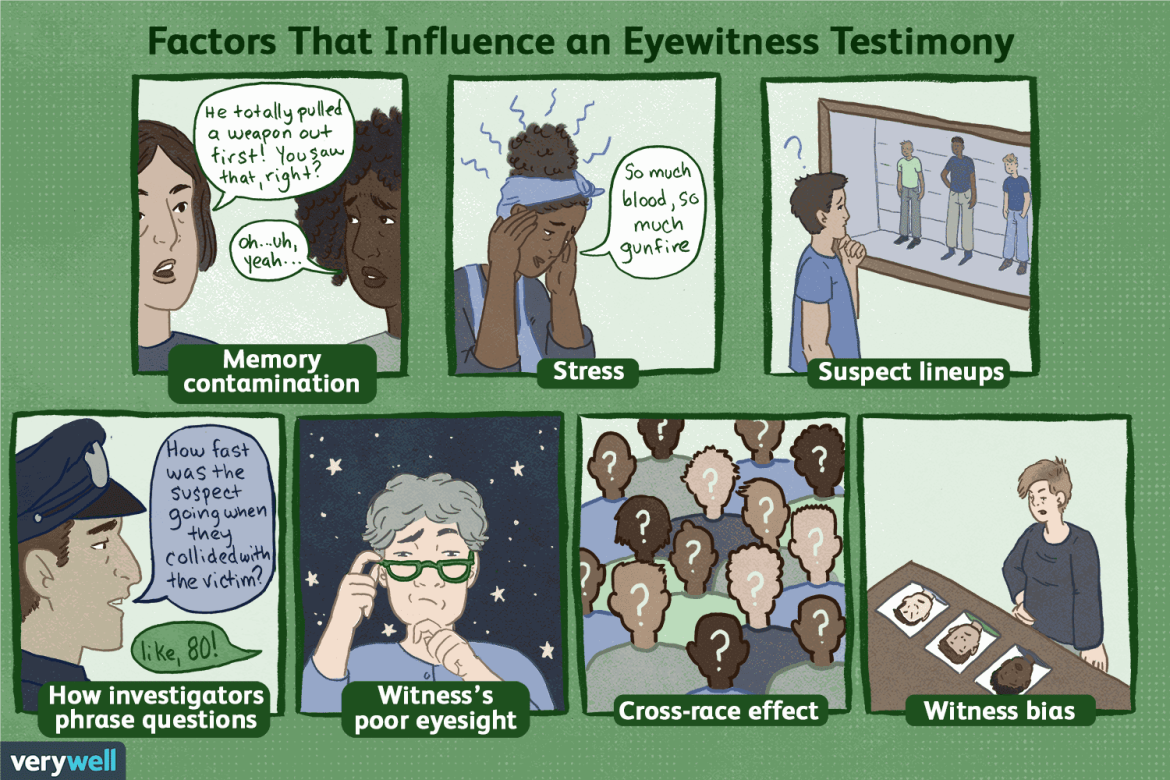![How to Choose an IP Law Firm [With Checklist]](https://img.shgstatic.com/clutch-static-prod/image/resize/715x400/s3fs-public/article/1396ae6bad8e8579446e9c1863db83bb.png)
![How to Choose an IP Law Firm [With Checklist]](https://img.shgstatic.com/clutch-static-prod/image/resize/715x400/s3fs-public/article/1396ae6bad8e8579446e9c1863db83bb.png)
Updated December 16, 2024
At deposition hearings, lawyers will pose questions to a witness, who is under oath. The witness will respond to each question orally, with a written transcript being made of their responses. Depositions are important forms of pretrial testimony and can help legal teams build strong cases for their clients.
Depositions are crucial elements of many legal cases. But what exactly is a deposition and what is the purpose of a deposition? The definition of deposition is quite simple: depositions are simply oral statements provided by witnesses under oath.
But what is the purpose of a deposition? The answer to that question is a little more complicated. There are several different reasons you might want to obtain a deposition and several different benefits that can be gleaned from having one.
Looking for a Legal agency?
Compare our list of top Legal companies near you
Of course, one of the main reasons to have depositions is to get more information about the case at hand. You can use deposition hearings to speak with different witnesses, asking them questions about what they know and gathering more information about a case. You can find out new angles and “sides” to the story, discover key information that could strengthen your case, and so on.
This is why depositions are considered key parts of the discovery phase of a legal case. Lawyers use them to discover more details about the situation. Plus, since you have a written transcript of each deposition, you can compare the information you gathered with the documented evidence you already have in order to identify possible holes in the story or reinforce ideas you've already had.
One of the main reasons and benefits of depositions is that they allow lawyers to learn more about their witnesses.
In fact, the deposition may be your only chance to speak with the witness before trial, which makes this a great opportunity to speak with them without some of the stressors of testimony. However, there are several factors that may influence a witness's statement.

Source: VeryWell Mind
It's vital to use this time to evaluate the individual in question, finding out what they know, how they deliver the information they know, how well they stand up to pressure, and so on.
Many lawyers rely on depositions as key tools to evaluate witnesses and decide who they can rely on to call in a trial. You can find out all about them, from their knowledge of the case to their personality, speaking style, mannerisms and gestures, and so on. All of this can help lawyers choose the right witnesses to put in front of a judge and jury.
When it comes to what is the purpose of a deposition, another significant benefit is that depositions can be used to develop your understanding and appreciation of your client's case.
Often, lawyers enter depositions already with a clear picture in their mind of how a case has played out and may think they already have all the pieces of the puzzle, only to be surprised by something the witness reveals under oath.
You might find that your theories or notions regarding the case are transformed after deposition hearings. Witnesses can share details you may not have expected or even have a certain mannerism or way of speaking that makes you think twice about a particular element of their testimony.
In any case, after a deposition, you can usually see a case in a fresh light and develop a deeper understanding of it.
Another interesting purpose of depositions that can be highly valuable to lawyers is to reinforce evidence or documentation you already have. For example, you might have a handwritten letter but aren't sure who wrote it or sent it, or you might have pictures or recordings with unclear origins and background stories, and there's no sense in simply guessing at who made those documents.
With depositions, you can find out much more about individual documents and pieces of evidence, which once again helps to develop your overall knowledge of the case. Then, at trial, you'll know which items to show to witnesses to trigger reactions and responses, rather than simply showing multiple items to every witness and hoping that something seems familiar.
Last but not least, it's also essential to carry out deposition hearings to guarantee or “lock in” a witness’s testimony on a case. During the deposition, the witness has to provide honest answers to your questions. Later on, if they say something differently during the trial, you'll have written transcripts as a basis for impeachment.
Plus, it's important to remember that not all witnesses are able or willing to testify at trial, or they might agree to say something over the phone but change their story or stay silent in a courtroom. Having pretrial depositions with these witnesses allows you to get their take on the events at hand and have accurate transcripts to turn to, if needed, putting you in a stronger position when the trial comes.
As we can see, when it comes to “What is the purpose of a deposition?” The answer depends on who you ask and what sort of situation they're in. Some lawyers will rely on depositions to better look and feel for their witnesses, while others use them as critical information-acquiring tools. Either way, they can offer multiple benefits and are crucial when putting yourself in the best position leading up to a trial.
![How to Choose an IP Law Firm [With Checklist]](https://img.shgstatic.com/clutch-static-prod/image/resize/715x400/s3fs-public/article/1396ae6bad8e8579446e9c1863db83bb.png)

